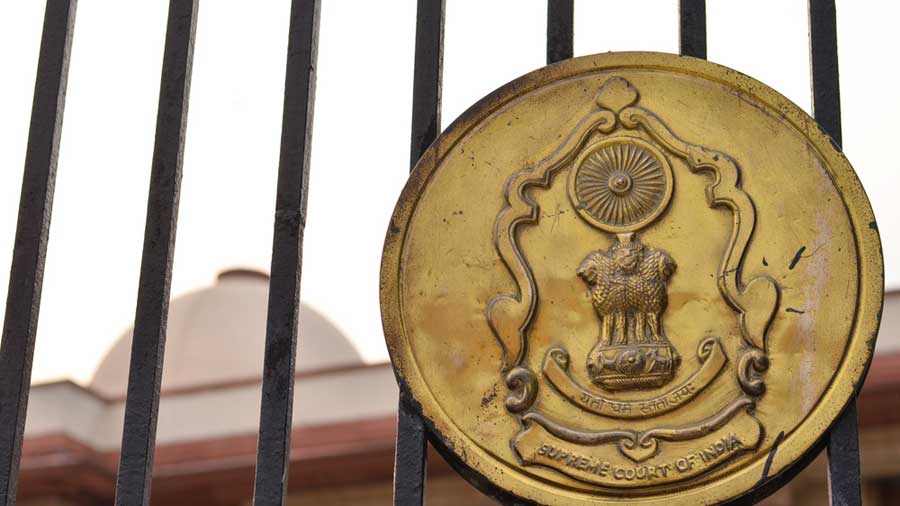This is not the first time that the higher judiciary has protected an inter-caste union. Pronouncing on a case in which two teachers from different castes married in Delhi to escape the woman’s disapproving family in Karnataka, the Supreme Court reportedly said that educated youngsters were showing the way forward to reduce caste and community tensions through intermarriages. Since the case was one of inter-caste marriage, one of the two judges on the bench mentioned B.R. Ambedkar’s belief that intermarriage or the fusion of blood alone could create kinship and remove the sense of alienation caused by caste. This argument can obviously be extended to inter-faith marriages. It was hardly a desirable social exercise, felt the court, for parents to shun their children if they married outside their caste or community. Even if this were seen as a deviation from traditional social norms, it was high time that society accepted inter-caste and inter-community unions. Since young people often face threats from their families in such cases, the courts have to protect them. The Supreme Court reiterated in this context that marriage belonged to the core zone of privacy — earlier established as a part of fundamental rights — and that the right to choice was inextricable from dignity. Choice could not be surrendered to ‘class honour’ or ‘group thinking’.
The Supreme Court has been consistent in its rulings on similar cases, and its remarks this time were particularly comprehensive. The reference to ‘class honour’ would bring up associations of honour killings and the way class and caste, including economic markers, are often indistinguishable in society’s perception. Especially important was the Supreme Court’s admonition to the police, which attempted to act threateningly towards the inter-caste couple. The court emphasized the need to counsel and train the police so that they are able to act correctly in cases of intermarriage where no law is being violated. Instead of trying to execute a disapproving family’s will, the police are supposed to protect the young people. Now this may be confusing for the police, which, in states such as Uttar Pradesh, are directed to do just the opposite by politicians in power. In general, too, the Supreme Court’s position on the issue of intermarriage is hearteningly different from the tendencies created by the political environment of the moment.

